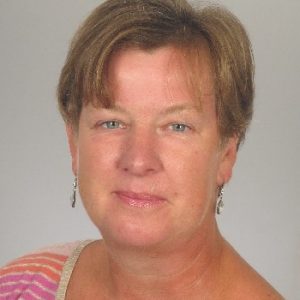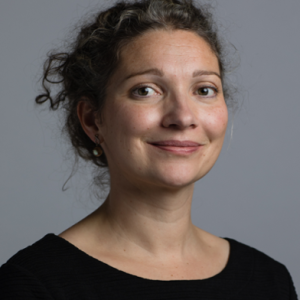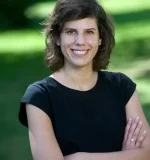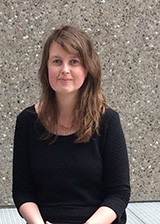This hands-on, interactive course for PhD candidates (also open to RMA students) consists of three days, in Utrecht. Besides practicing with preparing, conducting and reflecting on an interview, we discuss key theoretical notions on working with oral sources.
Each session needs to be prepared by reading texts, applying concepts and insights from theory and by writing short assignments. You will find the literature, assignments and information on Teams (you will receive a personal link via email). Teams is also the place to upload your assignments. Prior to the 3rd day participants need to conduct an interview. We conclude the course with reflecting on everyone’s interview experiences and findings, both collectively (in a group presentation and plenary discussion) and individually (in a flash-essay). There is an optional workshop on how and where to preserve your interview recordings that can be attended as a follow-up to this course, see below.
In addition to the literature to be studied prior to the first and second day we also include an additional list of suggestions for further reading.
Please send your one-page motivation for taking part in this course to [email protected] before 1 December. Make clear what your expectations are and how you connect the course to your own research.
Programme
Session 1: Friday 20 February 2026, 11.00 – 15.00 (Utrecht, Janskerkhof 15A, 1.01)
Interviews – oral history as historical source
What kind of knowledge does Oral History provide? And how do individual memories relate to existing memory cultures?
[Lunch offered by Huizinga Institute.]
Session 2: Friday 27 February 2025 13.30-16.30 (Utrecht, Drift 23, 2.12)
The interviewer
What makes a good interview? What impact does the specific interaction between interviewer and interviewee have on the content of an interview? How do you deal with personal boundaries during interviews? What are good interview ethics? How does the interviewee narrate, perform and present her/himself during an interview?
Session 3: Friday 27 March 2026, 10.00-16.00 (Utrecht, Drift 27, 0.72)
Interviewing – oral history as a method (10.00 – 12.30)
What works well while conducting an interview, and what doesn’t? What have we learnt from interviewing? In this session we listen to group presentations, share experiences and discuss how to move forward in two smaller group sessions.
[Lunch break between sessions, lunch offered by the Huizinga Institute.]
Writing oral history (13.30 – 16.00)
What have we learnt from interviewing? The first part of this session is dedicated to a ‘shut up and write’ session, guided by the lecturers.
Register (0/20 spaces left)
This course is fully booked. For a spot on the waiting list, contact [email protected]




